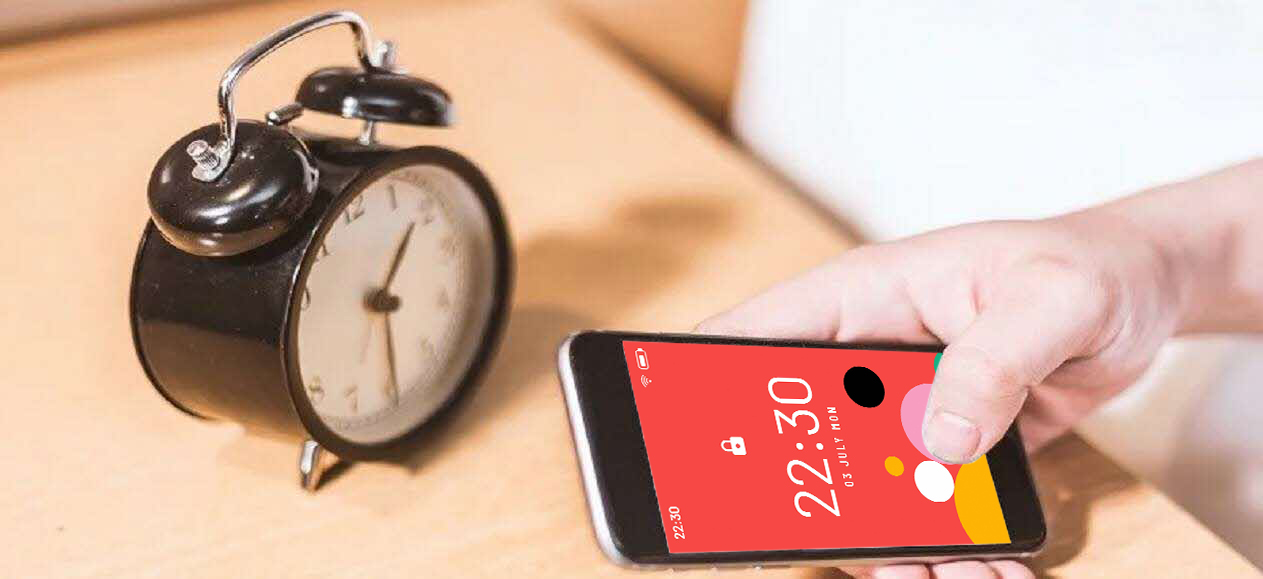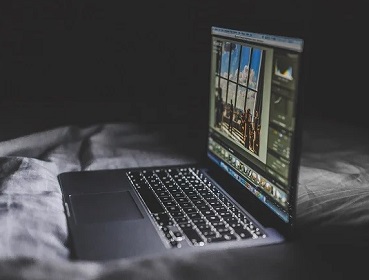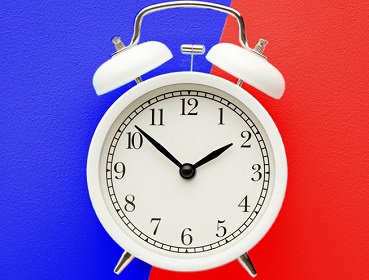The scary effects of technology on sleep – Part 2
6 simple bedtime habits for better sleep
Partner content: Content has been reproduced with the permission of, and is wholly owned by, ActiveSG. Great Eastern does not own or claim to own any rights to the content shared.
Using technology to help you sleep better
Wearable devices such as pulse trackers can help to collect your sleep-related data , allowing you to better identify any issues that are potentially keeping you from achieving your best sleep. The data from these wearable devices can help you monitor how much quality sleep versus light sleep you are getting, so that you can better adjust your sleeping habits. While this may all sound very complicated, wearable technology can actually be a simple solution to your sleep problems – speak to an Active Health Coach at our Active Health Labs to find out how to incorporate these health monitors into your life.
6 simple bedtime habits for better sleep
1. Watch what you consume
What you eat and drink has a direct effect on how well you sleep at night. Caffeine and alcohol are notorious for keeping us alert for a long time – up to six hours in fact! This is why drinking alcohol, caffeine-dense tea or coffee past midday can cause you to feel unusually alert at bedtime, so avoid drinking caffeinated or alcoholic beverages after 3PM. Additionally, drinking too much water before bedtime can also lead to some late-night bathroom trips that can disrupt your sleep.
2. Sleep and wake up at regular timings
Ever had a friend who swears that they naturally wake up at the same time every day because of their “internal body clock”? This seemingly magical clock is more grounded in reality than you might think. In scientific terms, it’s known as the circadian rhythm and is responsible for regulating our sleep patterns. Sleeping and waking up at regular timings will help to stabilise your circadian rhythm so your body will intrinsically know when it’s bedtime, making it easier to get some deep, restorative sleep.
3. Create a pre-bedtime routine
Having a pre-bedtime routine will make it easier for your body to ease into sleep every night. This bedtime routine can be anything, as long as it’s a relaxing activity that helps to calm your mind down. Reading a book, listening to soothing music or taking a warm shower are examples of activities that can put your body and mind at ease, just in time for bed.
4. Keep your devices away from the bedroom
While there are many ways to carry out a pre-bedtime routine, digital devices should definitely not be a part of it, so keep your devices out of the bedroom! Don’t even charge them in the bedroom as you will be tempted to use them – turn them off and leave them outside.
5. Make sure your bedroom is comfortable
A comfortable bedroom is so much easier to fall asleep (and stay asleep) in, so make your bedroom as cosy as you can. Don’t hesitate to splurge a little on good quality mattresses, linen and pillows as these can make a whole lot of difference to your sleep quality. Also, keeping your room dark and cool makes it more conducive for sleeping as your body’s circadian rhythm is sensitive to these environmental factors.
6. Don’t force yourself to fall asleep if you can’t
If you find yourself lying in bed for a long time and just watching the minutes tick by, don’t lie there and keep forcing yourself to fall asleep because it’s not going to happen. Watching the clock only stresses your body out and makes you feel more alert. If you find yourself having difficulty falling asleep, get out of the room and do something else until you actually feel the urge to snooze.
As much fun as it is to relax while using your digital devices before bedtime, such habits should not get in the way of proper rest. Even if you don’t feel the disruptive effects of technology on your sleep cycle now, the effects could accumulate over time and result in full-fledged sleep deprivation problems. Stop letting technology interfere with your sleep – the latter is so much more important!
Sleep affects growth and stress hormones, blood pressure and cardiovascular health. Make sure you are getting six to eight hours of sleep per 24-hour period. Stay protected with our health insurance plans.
Let us match you with a qualified financial representative
Our financial representative will answer any questions you may have about our products and planning.








